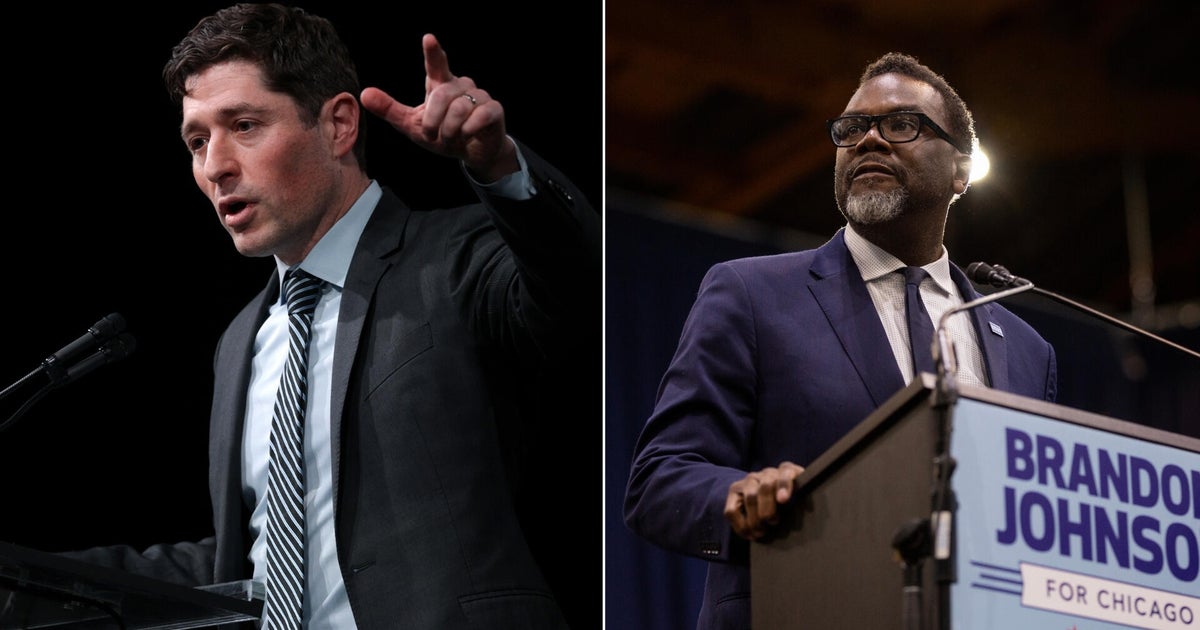Trump meets with GOP allies with eye on challenging count of electoral votes
Washington — President Trump huddled with Republican congressional allies at the White House on Monday to discuss the possibility of challenging the Electoral College votes when Congress convenes January 6 to tally them, in what would be the president's last-ditch attempt to overturn the results of the presidential election.
A number of the president's closest supporters on Capitol Hill attended the meeting, including Congressmen Jim Jordan of Ohio, Matt Gaetz of Florida, Mo Brooks of Alabama, Louie Gohmert of Texas and Andy Biggs of Arizona. White House chief of staff Mark Meadows, himself a former Republican congressman, confirmed the gathering on Twitter.
"Several members of Congress just finished a meeting in the Oval Office with President @realDonaldTrump, preparing to fight back against mounting evidence of voter fraud. Stay tuned," Meadows tweeted Monday night.
Biggs, who chairs the conservative House Freedom Caucus, told Fox Business in an interview the group discussed the process for objecting to electoral votes during a joint session of Congress, of which Vice President Mike Pence will preside over.
"We think we're going to actually be able to contest this, as you say, with at least one objection from the House — and we'll have dozens of objectors in the House — and then at least one in the Senate, and we think we'll have more than that," the Arizona Republican said.
Since the presidential election, of which President-elect Joe Biden was declared the winner, Mr. Trump has mounted an unsuccessful campaign to reverse the outcome of the election, turning to the courts and then Republican-led state legislatures to contest the results.
But the vast majority of lawsuits filed by the Trump campaign and the president's allies in state and federal courts, as well as the Supreme Court, have been tossed out, and state Republican lawmakers have resisted pressure by the president to subvert the will of voters and seat their own set of electors.
The 538 members of the Electoral College from all 50 states and the District of Columbia met December 14 to count the electoral votes, formalizing Mr. Biden's victory.
But January 6, when Congress convenes to count those votes, will mark the final long-shot attempt for the president and his backers to challenge the outcome of the election. During the joint session, which is required by law to ratify the results, members can object to the returns from any individual state as they are announced, which opens the door for Mr. Trump's GOP allies to contest a state's results.
Objections must be made in writing by at least one member each of the House and Senate, after which the joint session will recess and the two chambers separate and debate the objection in their respective chambers for no more than two hours, according to the Congressional Research Service. The House and Senate then vote separately on whether to either accept or reject the objection. If the two chambers agree to accept the objection, the contested state's electoral votes are tossed out.
While Biggs expressed optimism there would be numerous House Republicans lining up to contest states' Electoral College votes, the plan has not gained traction in the Senate, dimming the prospects of Congress delivering Mr. Trump a second term. Additionally, because Democrats control the House, it is highly unlikely the lower chamber would vote to toss out a state's electoral votes.
Republican Senator John Thune of South Dakota, the majority whip, said he isn't aware of any GOP senators planning to object to the results.
"The thing they've got to remember is, it's just not going anywhere," he told reporters Monday. "In the Senate it would go down like a shot dog. And I just don't think it makes a lot of sense to put everybody through this when you know what the ultimate outcome is going to be."
GOP Senator Lindsey Graham of South Carolina, an ally of Mr. Trump, said challenging the votes would "probably do more harm than good."
Senate Majority Leader Mitch McConnell asked Senate Republicans last week not to object to the election results when the joint session of Congress convenes. Senator Shelley Moore Capito of West Virginia, a Republican, told reporters "there was encouragement on the phone for us to accept the result."



